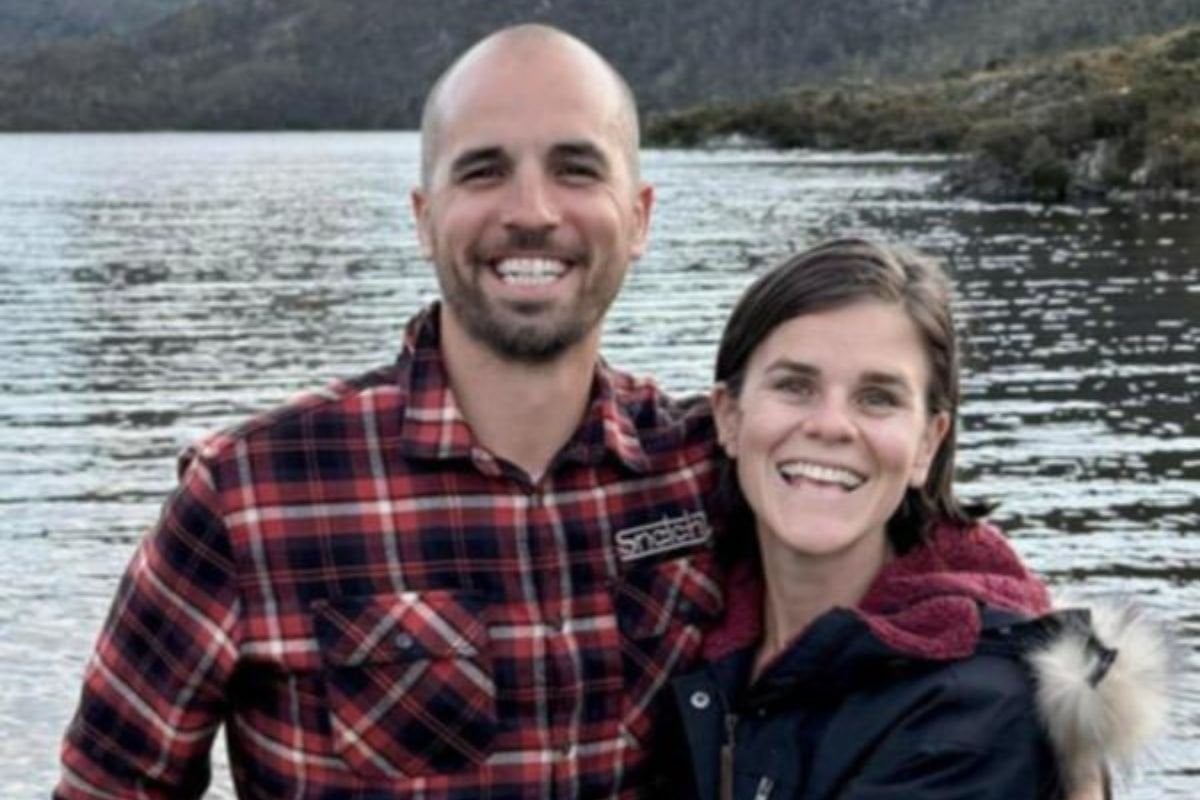
After a 4.9-metre saltwater crocodile killed a 40-year-old doctor, David Hogbin, in Far North Queensland this week, the illegal feeding of wild crocodiles has become a point of major concern.
The victim was not feeding crocodiles; he was reportedly just walking along a path when the river bank gave way, and he fell into the river. His wife had tried to save him but the doctor let go of her arm, with the woman quoted as saying: He saved me – his last act was to not pull me in with him.
The doctor was reportedly taken by the crocodile within seconds.
Since the tragic attack, which occurred at the Annan River south of Cooktown, videos have surfaced appearing to show people feeding a large crocodile in that area.
This has prompted Queensland’s Department of Environment, Science and Innovation to post a media release stating, among other things, that the penalty for illegally feeding wild crocodiles is A$6,452.
I have been researching human-crocodile conflict for years. If it’s true crocodiles in this area had been fed in the past, that is extremely concerning.
Illegal feeding linked to human-crocodile conflict.
There have been concerns in the past over the illegal feeding of crocodiles in Queensland. Media outlets reported on people feeding crocodiles in the Prosperine and Russell rivers in 2022.
Outside of Australia, illegal feeding has long been associated with increased human-crocodile conflict.
At a bridge over the Tarcoles River in Costa Rica, a group of large American crocodiles have been illegally fed by people for years.
Despite being less aggressive and responsible for far fewer deaths (typically only between one and three annually) than the saltwater crocodile, this feeding appears to have resulted in changes to the behaviour of these crocodiles.

